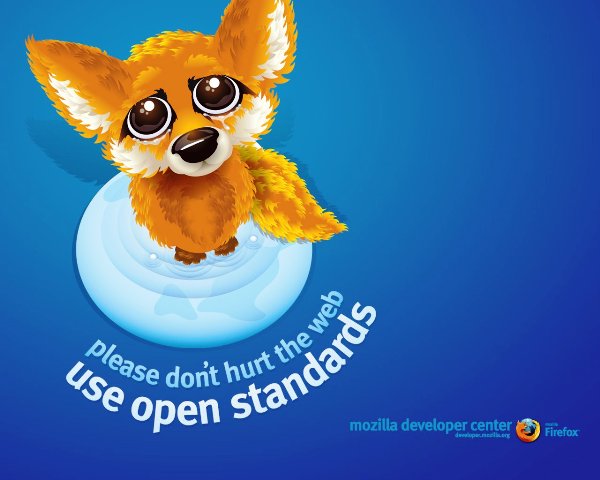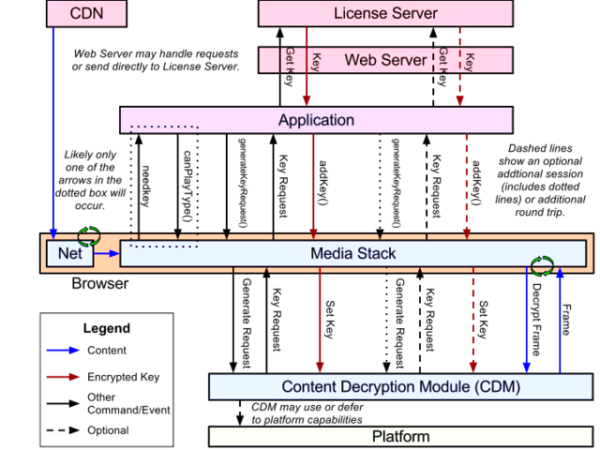It's sad. Google, Microsoft and Netflix has recently published its draft proposal of the Encrypted Media Extensions policy that aims to push DRM (Digital Rights Management) to web browsers. Although the proposal does not intend to forcibly implement the DRM platform, it's still a huge blow to parties that will be involved in the process. As expected, among those who responded to the draft posted on the W3C website is our good and faithful friend Mozilla. Mozilla was quick to question the proposed framework's capability to provide the much needed security demanded by content providers once it is implemented. Chris Pearce of Mozilla asked, "Can you highlight how robust content protection can be implemented in an open source web browser? How do you guard against an open source web browser simply being patched to write the frames/samples to disk to enable (presumably illegal) redistribution of the protected content?"

According to the authors David Dorwin (Google), Adrian Bateman (Microsoft) and Mark Watson (Netflix), their only aim is to provide essential components for a generic key-based content decryption system that is designed primarily to work with pluggable modules that will implement the decryption mechanisms. Furthermore, the Encrypted Media Extensions draft proposal emphasized the introduction of new API extensions for HTMLMediaElement, the interface that defines the specialized properties and JavaScript methods found in HTML audio/ video elements.
One of the authors, Netflix's Mark Watson, replied and said that strong copy protection cannot be implemented in an open-source web browser but is applicable if the mechanisms will be applied in hardware, which can be used by open source browsers. In Mark Watson's own words, he said, "There exist many devices with content protection mechanisms of various sorts baked into their firmware/hardware. Open source software could make use of such capabilities in just the same way as it makes use of other hardware capabilities. If my understanding is correct, it's not unknown for open source products to make use of or even ship with closed source components, such as drivers, for access to platform or device capabilities."
Obviously, Mozilla isn't happy about it. While the proposal could do better in addressing some issues with the mobile technology, particularly embedding devices, its effect on the desktop/ PC is uncertain. Mozilla's very own Robert O'Callahan warned the authors that the policy to influence DRM in browsers could lead into a catastrophic situation where in major browser vendors and content providers might be forced to execute a "suboptimal" solution that will be completely blinded from ramifications it will cause to other major stakeholders.

If the Encrypted Media Extensions draft will be implemented, there is definitely a huge risk for browser vendors to implement their own substandard solutions just to thrive. And that's a situation we do not want to be in. Although the plan is still in the draft stage, it now faces numerous criticisms and questioning. The authors will have to fight for it. Backing up Mozilla is Google's Ian Hickson, the editor of the WHATWG HTML. Hickson said, "I believe this proposal is unethical and that we should not pursue it. The proposal above does not provide robust content protection, so it would not address this use case even if it wasn't unethical."
News Credit: Ars Technica
Add new comment